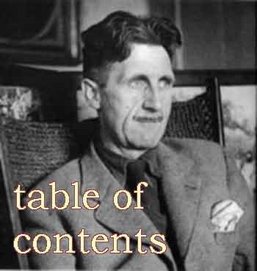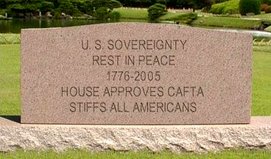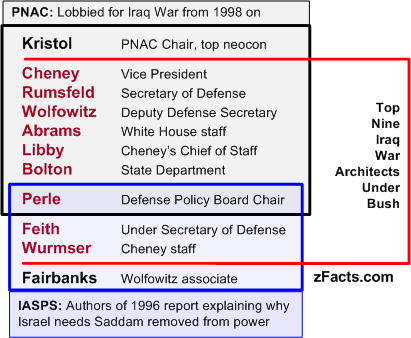
Once again, taxpayers are being hood-winked in Macon by a new shell game. This time the new game is tax incremental financing for a convention hotel in Macon. The reason, no one has yet to build a convention hotel across from the Macon Convention Center is because IT IS NOT PROFITABLE!
Number one, TIF should only be used if the area is blighted and if the use of this type of financing will bring living wages to the area. So right off the bat, this convention hotel is not a good idea. Secondly, the organizers of the TIF for the covention hotel are the developers themselves. Anyone can see quickly that biases are inherently built into the plan to paint a picture that this is the best possible use of our limited resources in the City. Related parties that stand to profit from the venture are not a good source for reliable disclosure. Thirdly, and most importantly, the new convention hotel will eat the lunch of private hotels in the City and County, and will actually cause a decline in tax revenue that is received by the City and County because of higher vacancy rates. A TIF, in theory, is not supposed to harm taxpayers because it is money that would have never been received anyway. Thus, the decline in sales taxes collected because of higher vacancy rates in competing hotels and motels would cause this venture to be struck, if competent public leaders were analyzing the facts.
Now in New York City, for instance, a TIF is being considered for a Pfizer development. Now this is a much different circumstance because Pfizer is a place to work that provides for a decent living wage. Service jobs like that which are in the hotel/motel industry are definitely not living wage jobs.
Even convention hotels in such traveled places as Denver, Colorado do not make money. It is ridiculous for City leaders and developers to push this venture on our cash strapped City and County. Shame on the con artists!
Similar tax advantage in the form of corporate welfare before Supreme Court
Today in Finance for September 29, 2005
You are here: Home : Today in Finance : Article
Supreme Court to Rule on Tax Incentives
Court will hear the appeal by Ohio and DaimlerChrysler; perhaps 40 states now offer similar credits in exchange for corporate funding of major projects.
Stephen Taub and Dave Cook, CFO.com
September 29, 2005
The Supreme Court announced yesterday that it will hear an Ohio case that may affect the tax breaks that municipalities offer to companies in exchange for funding major capital projects.
In 1998, the city of Toledo and the state of Ohio offered DaimlerChrysler Corp. a $280 million tax break in exchange for a $1.2 billion plan to expand a Jeep factory that the company was considering closing down, The Wall Street Journal explained earlier this year. Consumer advocate Ralph Nader then spearheaded a group that filed a lawsuit challenging the tax plan as "corporate welfare."
Last September a three-judge panel of the Sixth Circuit Court of Appeals in Cincinnati ruled that the tax credit "discriminates against interstate commerce by coercing businesses already subject to the Ohio franchise tax to expand locally rather than out-of-state." After the full appeals court refused to reconsider that decision, the state of Ohio and DaimlerChrysler appealed to the Supreme Court.
The decision under appeal is binding only on companies in Ohio, Michigan, Kentucky and Tennessee — the four states under the jurisdiction of the Sixth Circuit — but the Supreme Court's ruling will have national repercussions. Last year The National Law Journal pointed out that perhaps 40 states offer similar credits, citing plaintiffs' attorney and Northeastern University law professor Peter D. Enrich.
Uncertainty about the constitutionality of Ohio programs "has thrown into disarray the job-creation efforts and economic planning of states and localities across the nation, while disrupting the investment decisions of thousands of businesses," stated a filing by Charles Rothfeld, the attorney for DaimlerChrysler, according to the Associated Press.
Terry Lodge, who is representing taxpayers and three small businesses, reportedly wrote in a filing that "a clear statement of the unconstitutionality of discriminatory state tax incentives will free all the states from the necessity of engaging in an escalating competition over incentives that deprives them of needed revenues, while gaining a meaningful competitive advantage for none."
Aris Melissaratos, Maryland secretary of Business and Economic Development, agreed that if all states "have to play by the same rules, I am not worried about repercussions," according to The Washington Post. "Then we can compete on substantive competitive elements." follows:







No comments:
Post a Comment